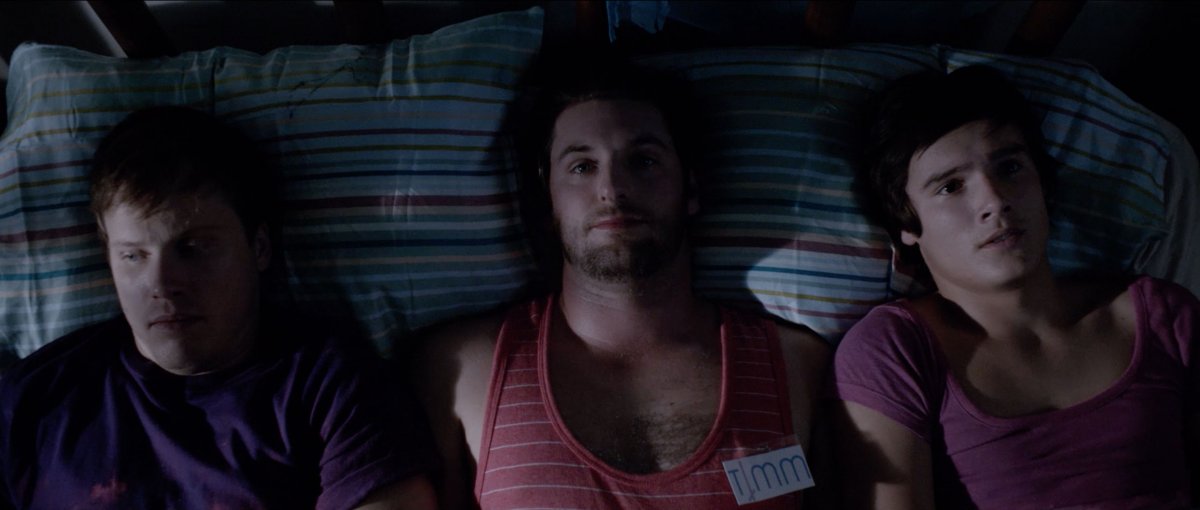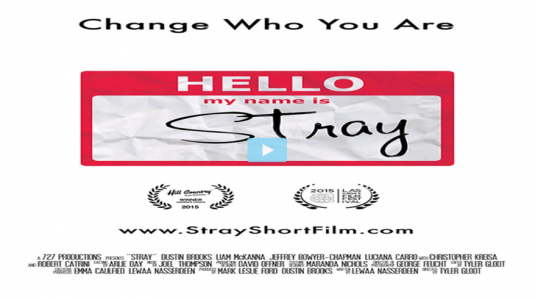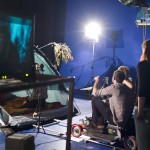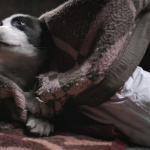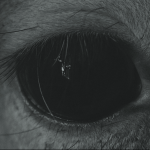By David Pountain
Set in an alternate reality where openly straight people are the target of stigma, Tyler Glodt’s short cheekily flips the script on heteronormativity with humorous and often surprisingly touching results. Following the resentfully straight Eric as he checks into a conversion camp to learn to be gay, Stray uses scenes of outlandish mock drama that play with the stereotypes of sexuality to underscore the farcical nature of gay panic.
Responding to our curiosity, Glodt shares some thoughts on this social-minded comedy.
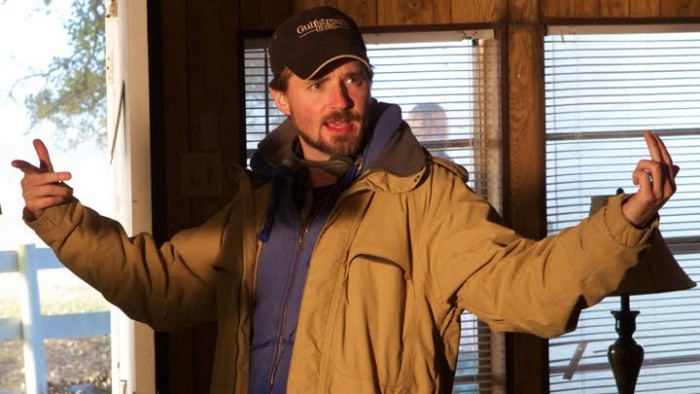
What made you decide to adapt Dustin Brooks and Lewaa Nasserdeen’s script?
I often feel that the best way to get a point across is to do it through humour. Stray confronts some pretty heavy and controversial issues with a certain amount of levity. I feel its absurdity accurately parallels the absurdity that conversion camps exist at all. Stray has an important message to spread and it makes its point on multiple levels. Another reason I was drawn to Stray is because I love dark comedies centred around characters in complex situations. I feel that those types of films most accurately echo human existence.
How did you bring out some of the more comically intense performances, particularly Robert Catrini’s conversion counsellor Doc?
Robert Catrini is a fantastic actor with great instincts, so it didn’t take much. Doc needed to feel larger than life…almost God-like. He also had to have a frightening intensity about him. Maintaining that intensity throughout, especially during the more offbeat and hilarious parts of his dialogue, was important as it bolstered the comedy. So we made sure that he never played into any of the jokes or ‘winked at the audience’.
We also talked about the boxing scene and I told Robert to treat that moment like an alcoholic who had fallen off of the wagon. He needed to show some weakness – some humanity – but still be intense and then angry. We wanted the audience to laugh throughout the film and then to stop at this moment and say: “Wait a second…This isn’t funny. This is tragic. This poor guy is denying who he really is.” However, we don’t allow the audience to linger in tragedy for long…When Robert delivers the ‘gay dodgeball’ line – that has to be my favourite line in the script.
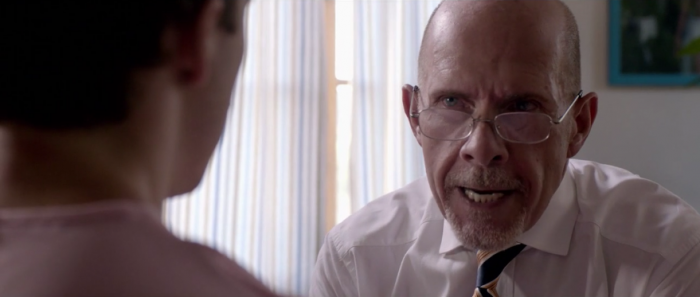
Making the film, did you think much about how you would strike the right balance between parody and sincerity?
Yes. Some of the characters had to play it straight (no pun intended). Eric (Dustin Brooks) and Aubrey (Liam McKanna) had to be real because ultimately the audience needed to connect with those two characters and their journeys. However, much of the supporting cast, as well as the locations, were encouraged to be over-the-top. So long as our leads were grounded, everything else could be a little crazy. This dynamic not only kept the film’s tone in balance, it also underscored the absurdity of gay conversion camps.
As an experienced editor, how did you ensure that the rhythm of the film reflected its content?
It’s helpful being a director who also edits, as you’re able to view a performance on set and ultimately know how you’re going to cut it together. Did the actor hit a nice beat here…did they land the punchline of a joke…is there too much air in the performance or is it too tight? Getting performances right really helps ensure that you’re able to find your rhythm in the editing room because you never want to manufacture beats and moments through editing tricks. For Stray, I wanted the performances to dictate the rhythm of the edit so I rehearsed a lot with the actors prior to the shoot. I also employed some quick cutaways because they’re fun.
Could you name any creative influences for your style?
I love Alexander Payne’s Election. It really hit on a lot of levels for me in regard to how I personally approached Stray and what we all wanted to do with it.
Are you currently working on any other projects?
I’m currently attached to direct a feature film in Cleveland that’s anchored around the Antiques Roadshow. It’s a funny ensemble film that explores the post-Industrial American Dream in the Midwest. Also, my writing partner, Meg Cionni and I have several projects in development. Finally, I’m finishing up a short film, Shift, and producing a feature film that shot in Austin, Texas this January and is currently in post-production.
Watch Stray free on FilmDoo.com.
Find more shorts on FilmDoo here.
Find out more about Tyler Glodt on his website here.

